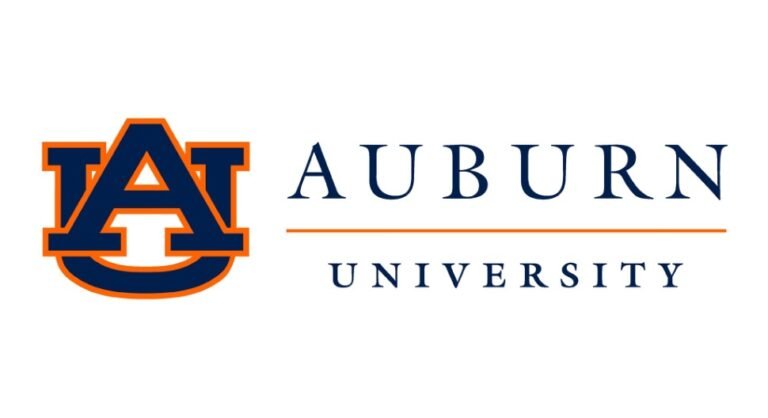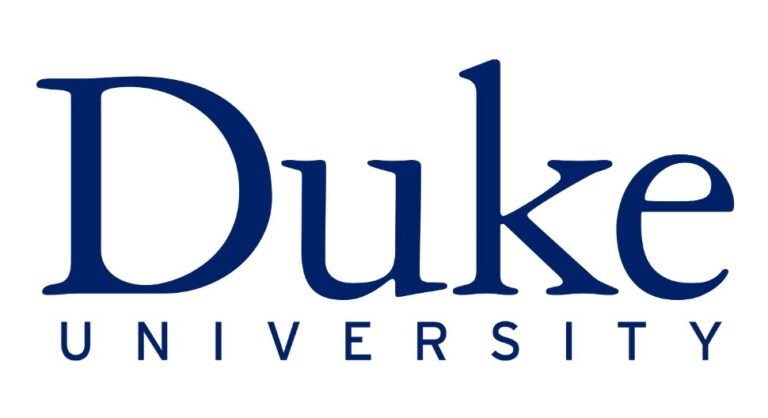The Southeast Conservation Genetics Lab (SECGL) at Auburn University is seeking a highly qualified individual to serve in the role as a technician in a new environmental DNA (eDNA) lab. This is a full-time, soft money funded, position. Funding for the position has already been secured for 3 years, and future funding is expected.
SECGL is a joint U.S. Fish and Wildlife Service and Auburn University research lab. The lab’s director is Dr. Nathan Whelan, and the lab includes a mix of U.S. Fish and Wildlife Service employees, Auburn University employees, and Auburn University graduate students.
We are located in Swingle Hall and the CASIC Building on Auburn University’s main campus. Our research includes both basic and applied science. Current eDNA lab space includes clean-room areas and physically separate labs to ensure eDNA work can be done following best-practices. We anticipate moving into a newly constructed lab and office building that includes built-for-purpose clean rooms and other lab space in late 2026.
In addition to eDNA infrastructure, SECGL has outstanding facilities, equipment, and capacity for lab- and field-based research. We have all the equipment needed for next-generation library prep and other molecular data generation and analyses. The lab has a 4WD SUV and other equipment for fieldwork.
The job series and level that the employee will be hired into will depend on their education and salary. Applicants with a master’s degree will qualify for the Research Associate job series. Applicants with a PhD will qualify for the Research Fellow job series. The salary range listed below ranges from the lowest level of a Research Associate to a Research Fellow II. If you would like more details on salary, please contact Nathan Whelan (nvw0001@auburn.edu; nathan_whelan@fws.gov).
Auburn University is a public land-, sea-, and space-grant institution with internationally recognized research and academics. Auburn and nearby Opelika, Alabama are vibrant towns with excellent quality of life and a relatively low cost of living.
Essential Functions
In this position, the employee will work in a genetics lab to generate eDNA data. The primary focus will be the implementation of an eDNA invasive species surveillance lab that is a part of the Department of Interior’s Early Detection Rapid Response Keystone Initiative. The employee will also have opportunities to develop their own research projects.
Minimum Qualifications
Research Associate I: Master’s degree; no experience required.
Research Associate II: Master’s degree and 2 years of experience in research practices and protocols relevant to the position.
Research Associate III: Master’s degree and 4 years of experience in research practices and protocols relevant to the position.
Research Associate IV: Master’s degree and 6 years of experience in research practices and protocols relevant to the position.
Research Fellow I: PhD; no experience required.
Research Fellow II: PhD and 2 years of experience in research practices and protocols relevant to the position.
Minimum Skills, License, and Certifications
Minimum Skills and Abilities
Experience with single-assay qPCR eDNA lab work is required.
Minimum Technology Skills
Minimum License and Certifications
Desired Qualifications
Desired Qualifications
Desired qualifications include the following:
Experience designing qPCR-based eDNA assays.
Excellent communication skills.
eDNA fieldwork experience.
Peer-reviewed publications that include eDNA work.
Bioinformatics skills (e.g., Linux command line, R, etc.).
Metabarcoding and droplet digital PCR (ddPCR) experience.
Posting Detail Information
Salary Range $40,200 – $112,990






